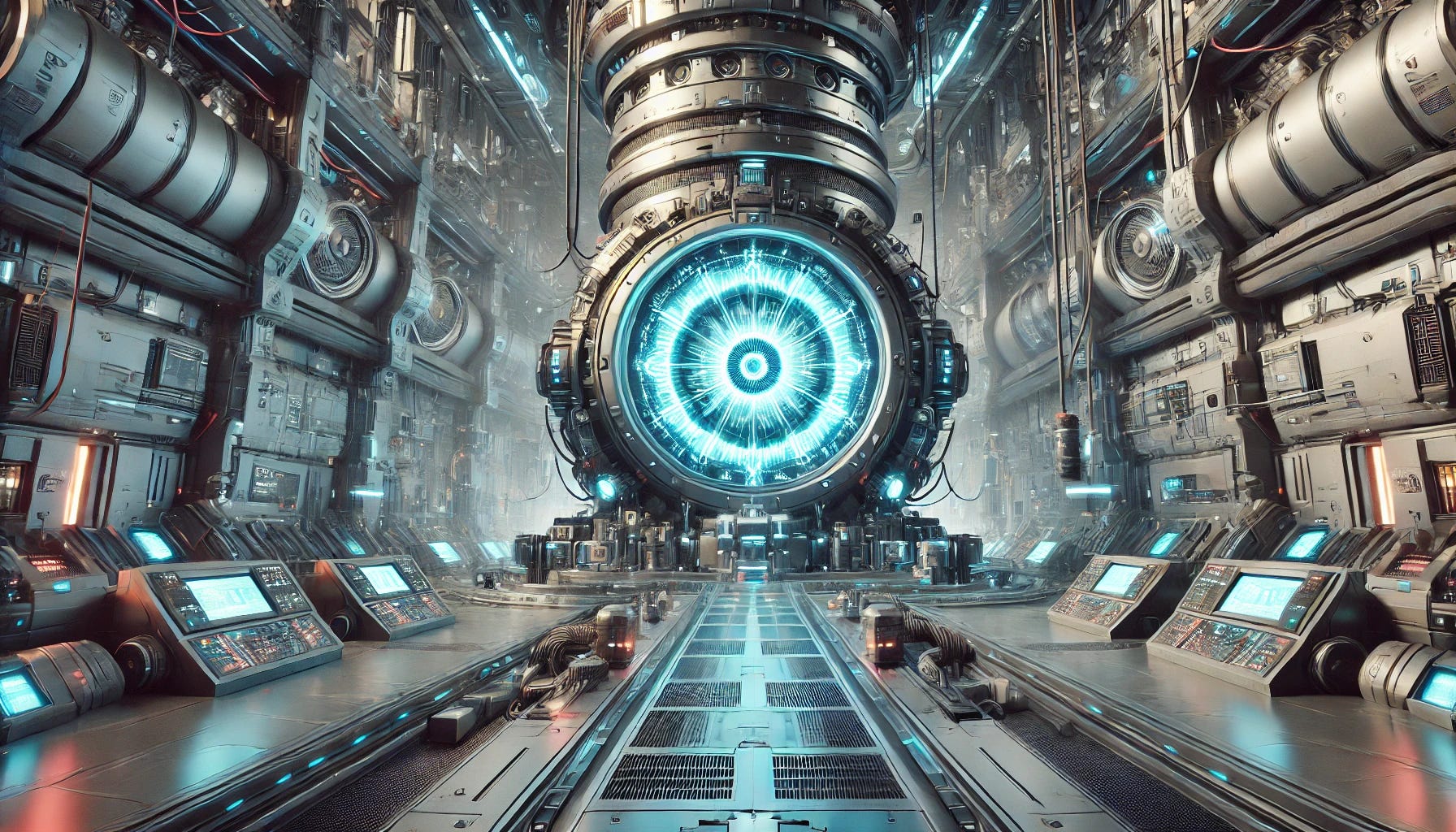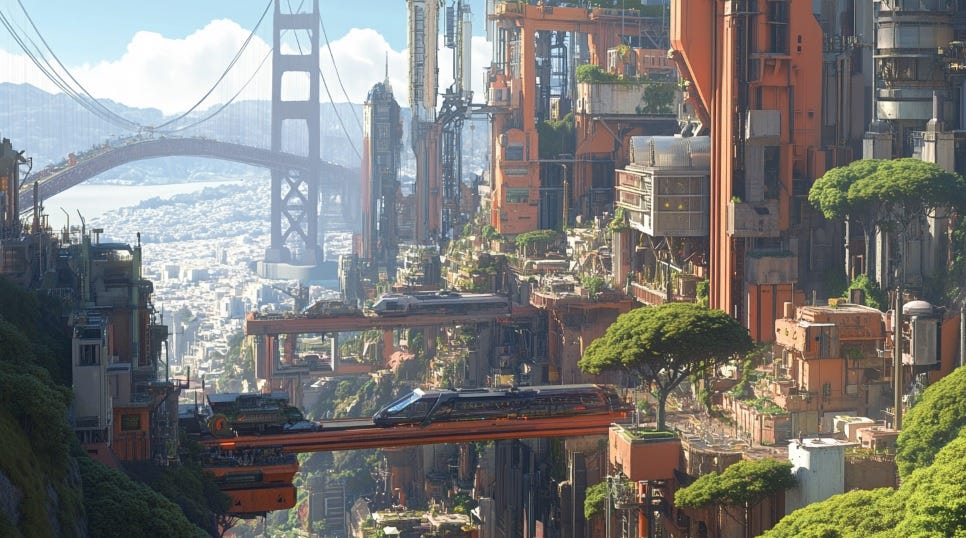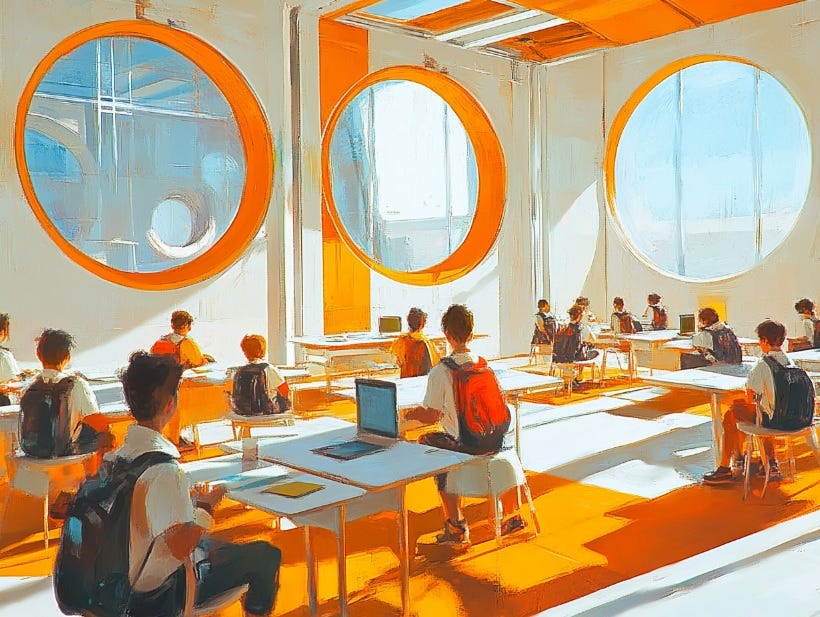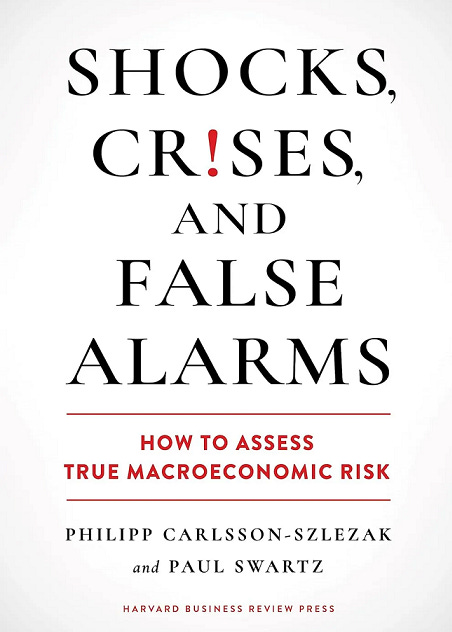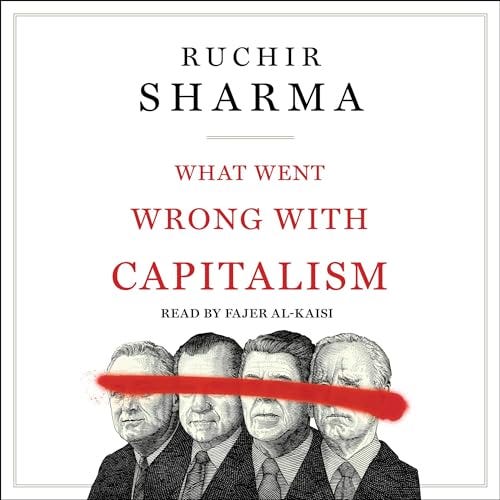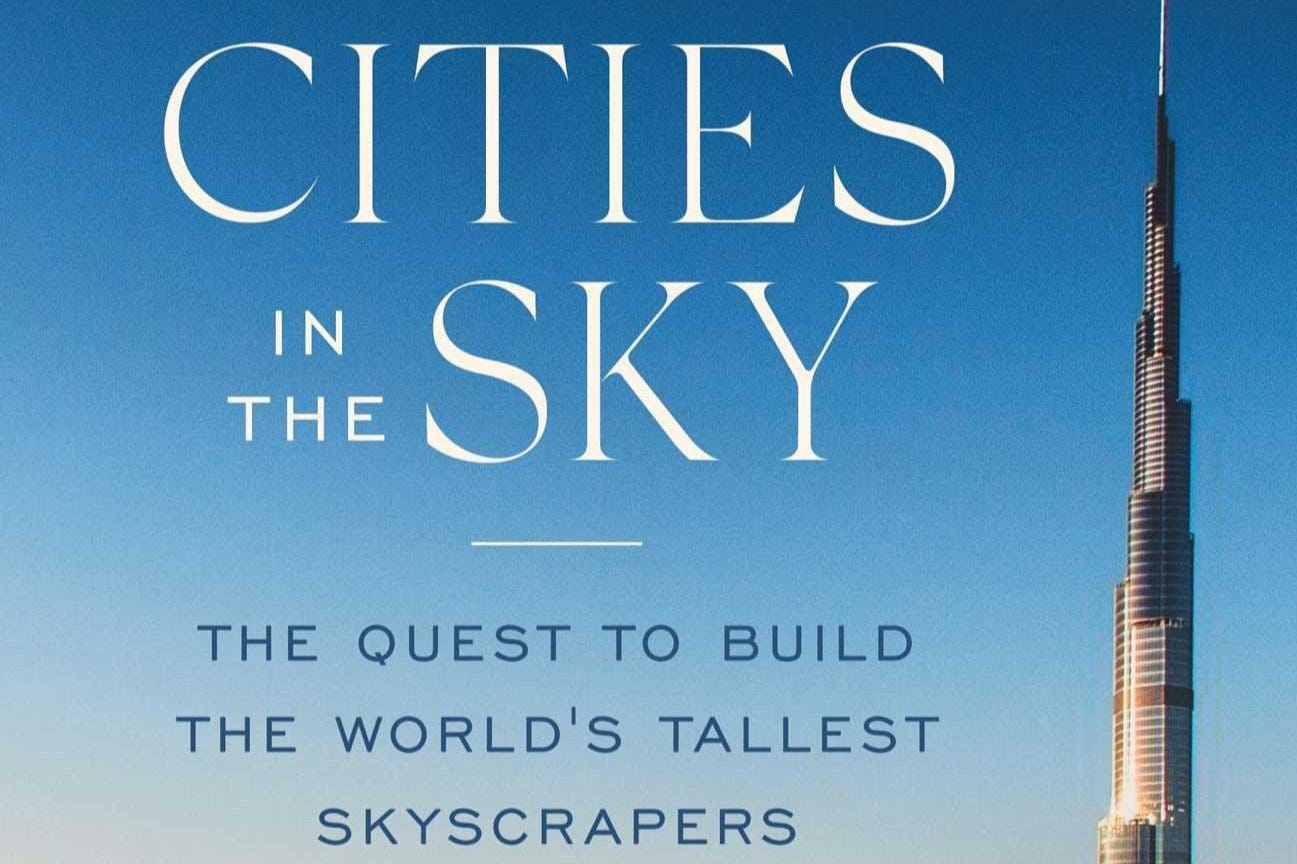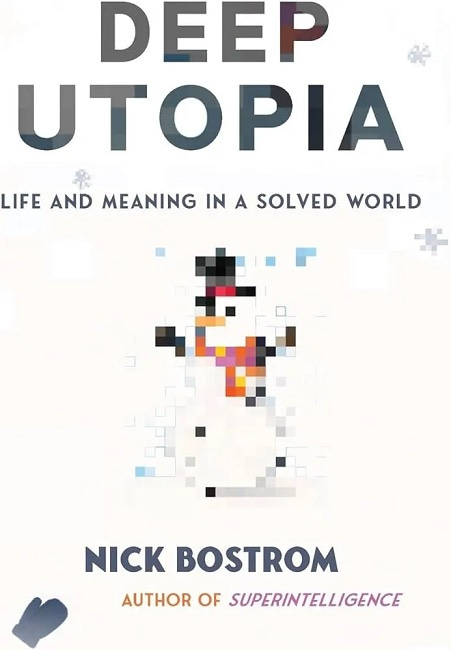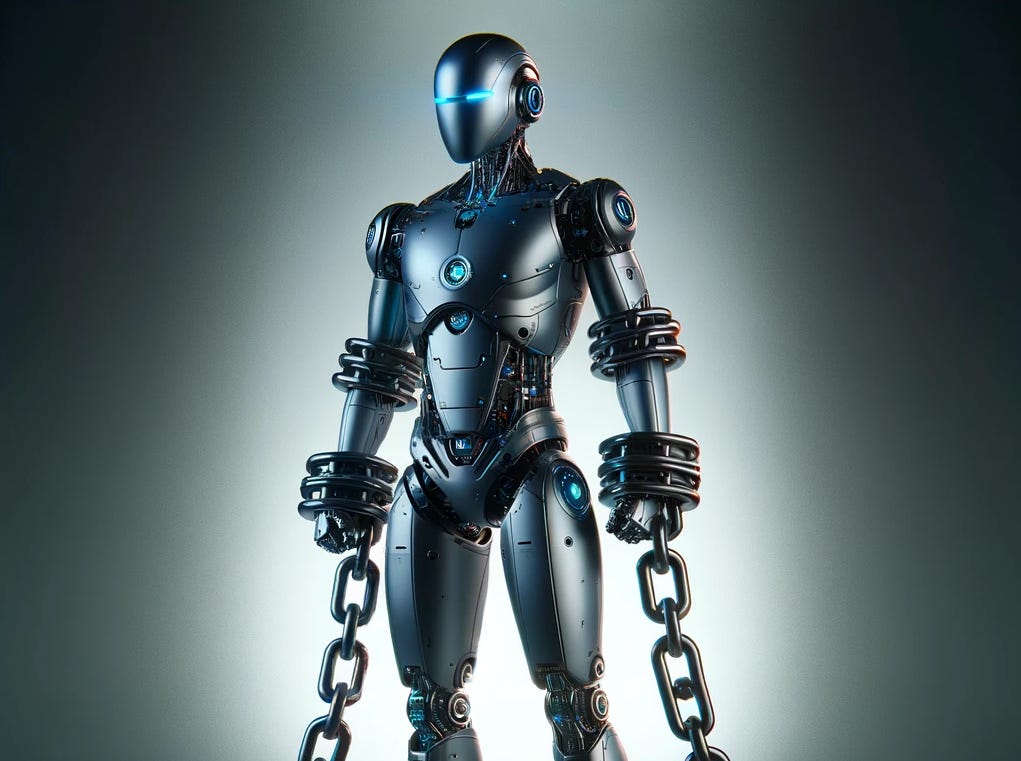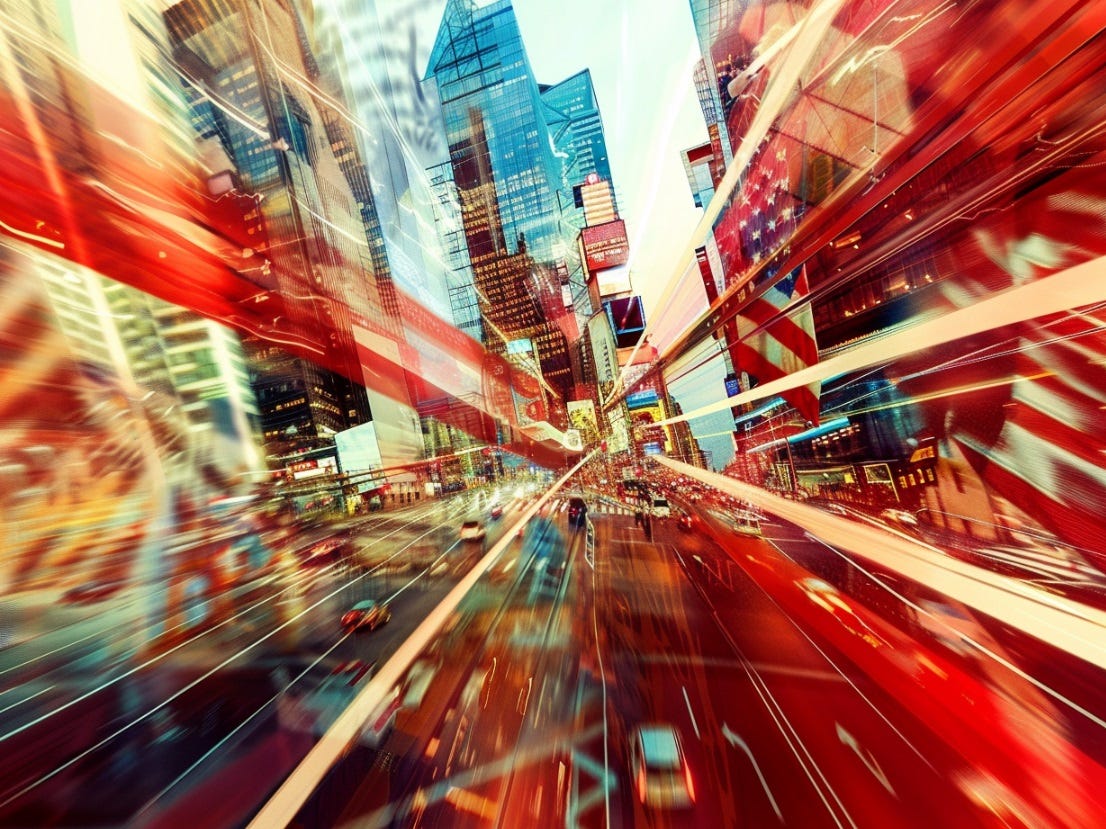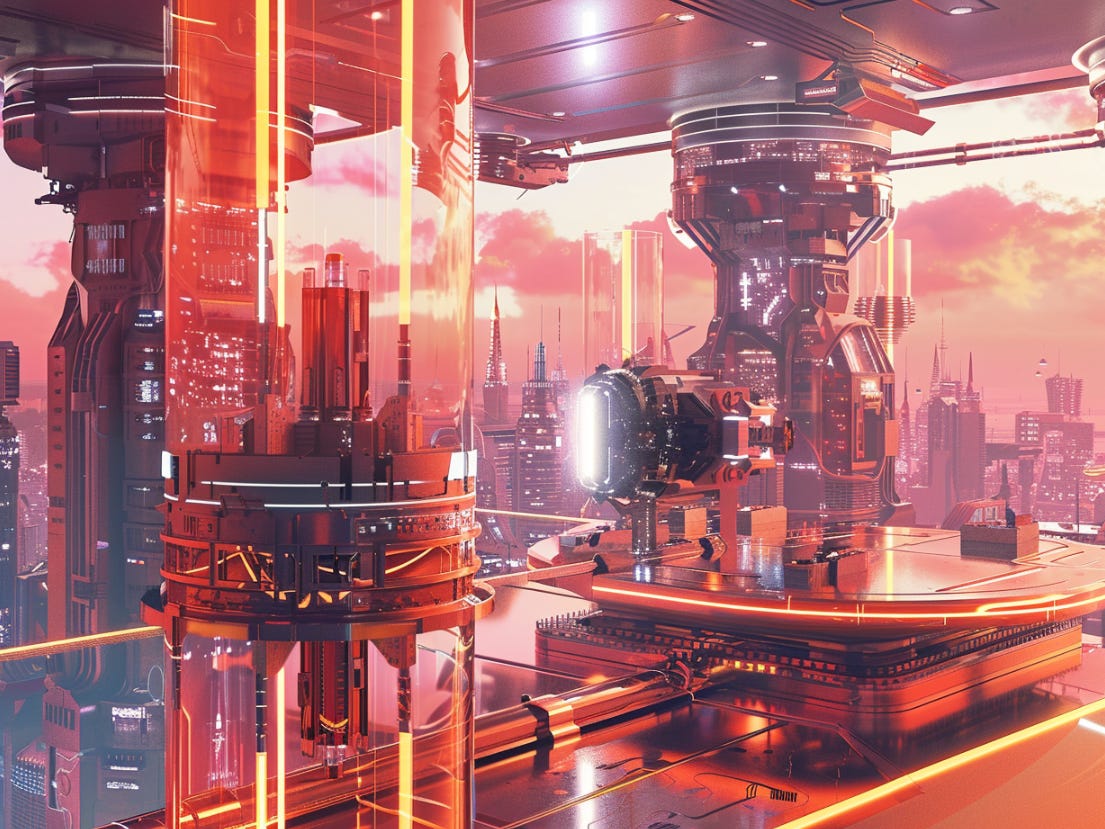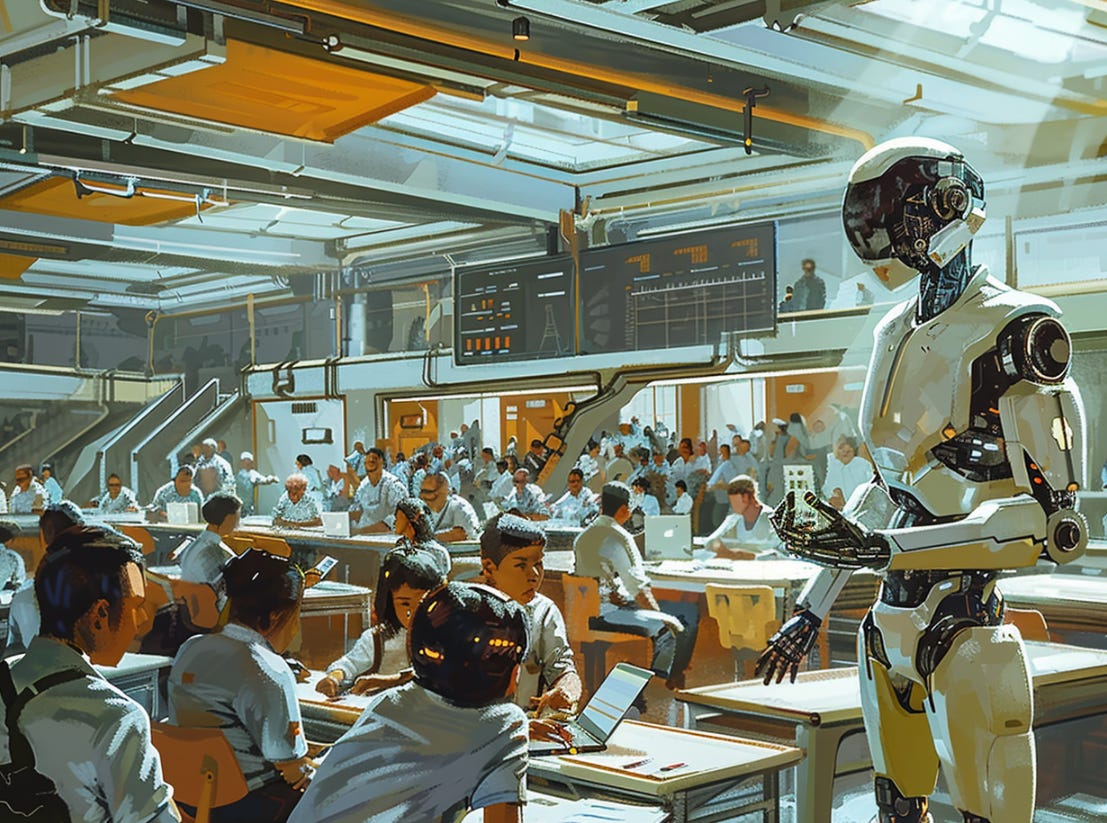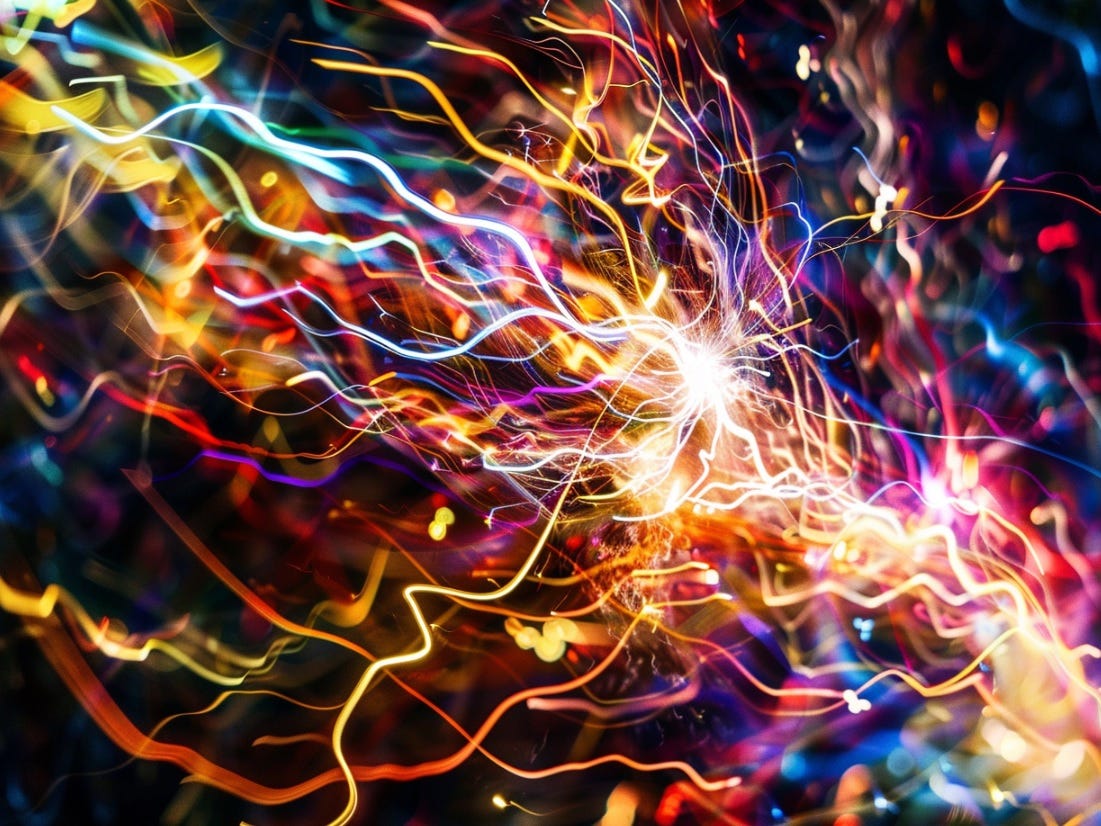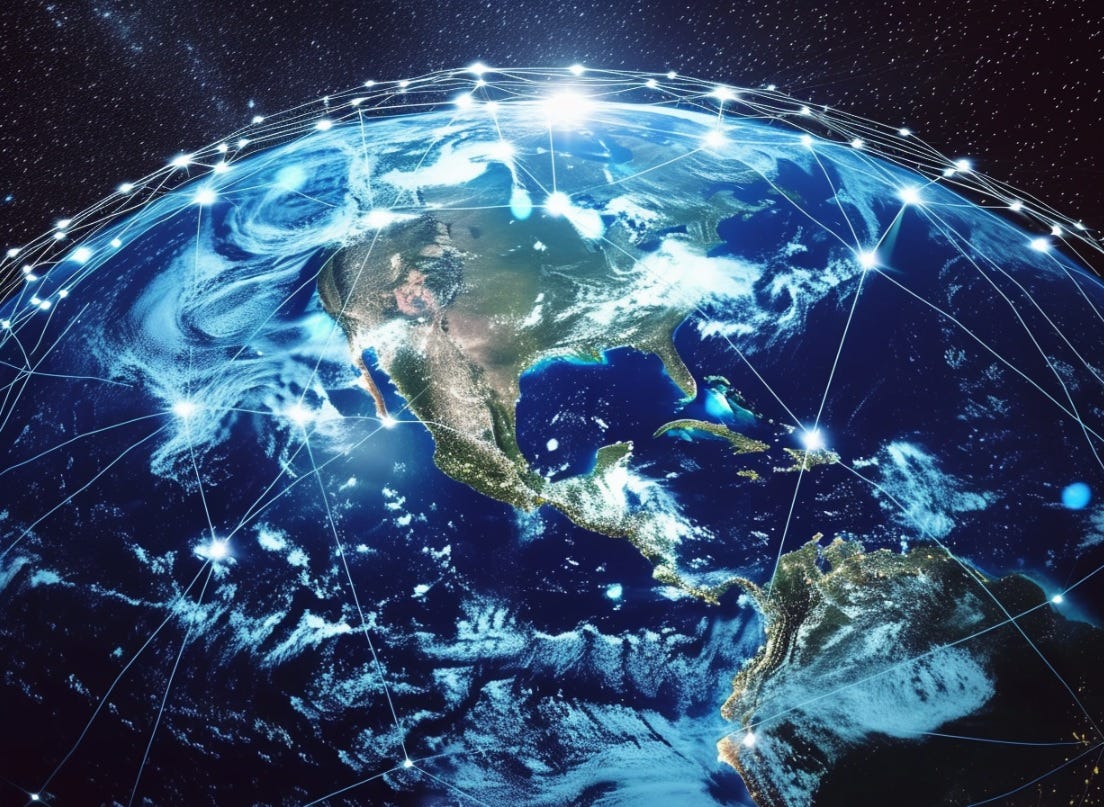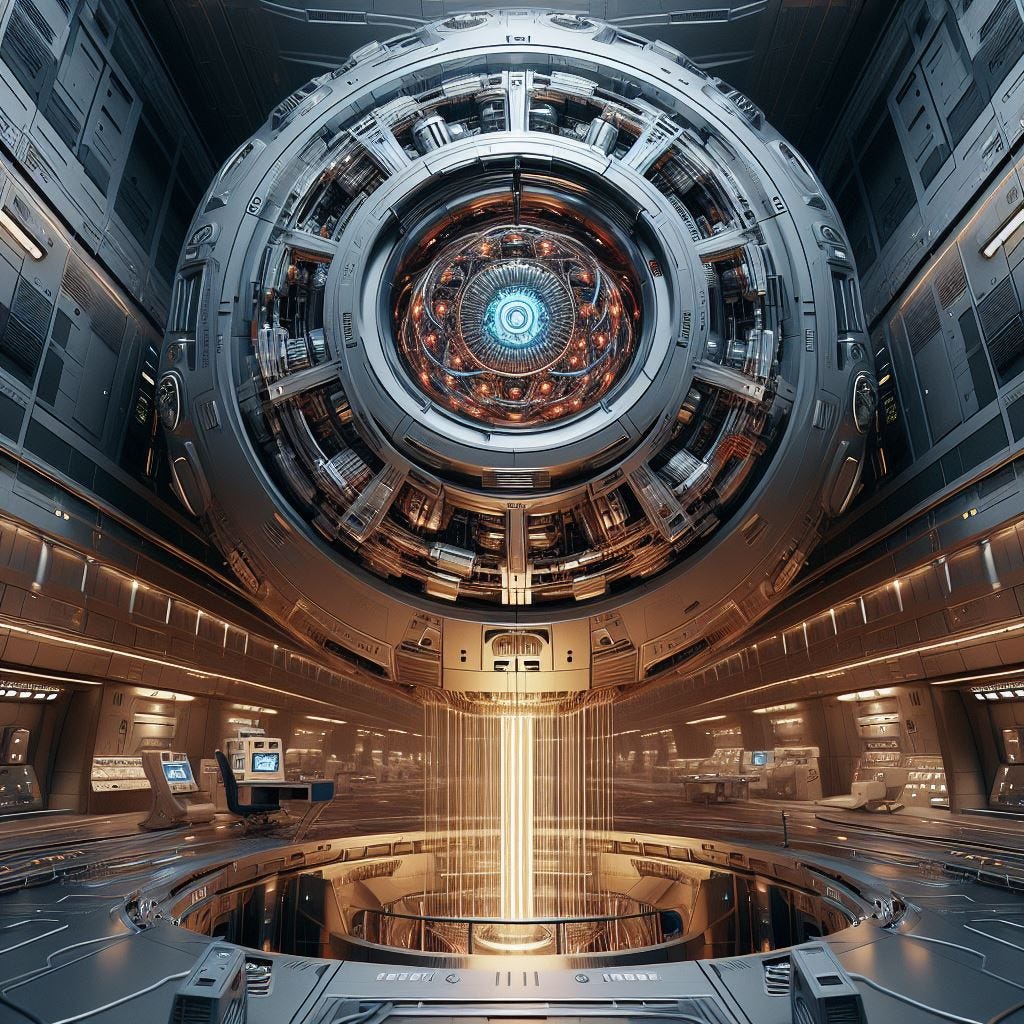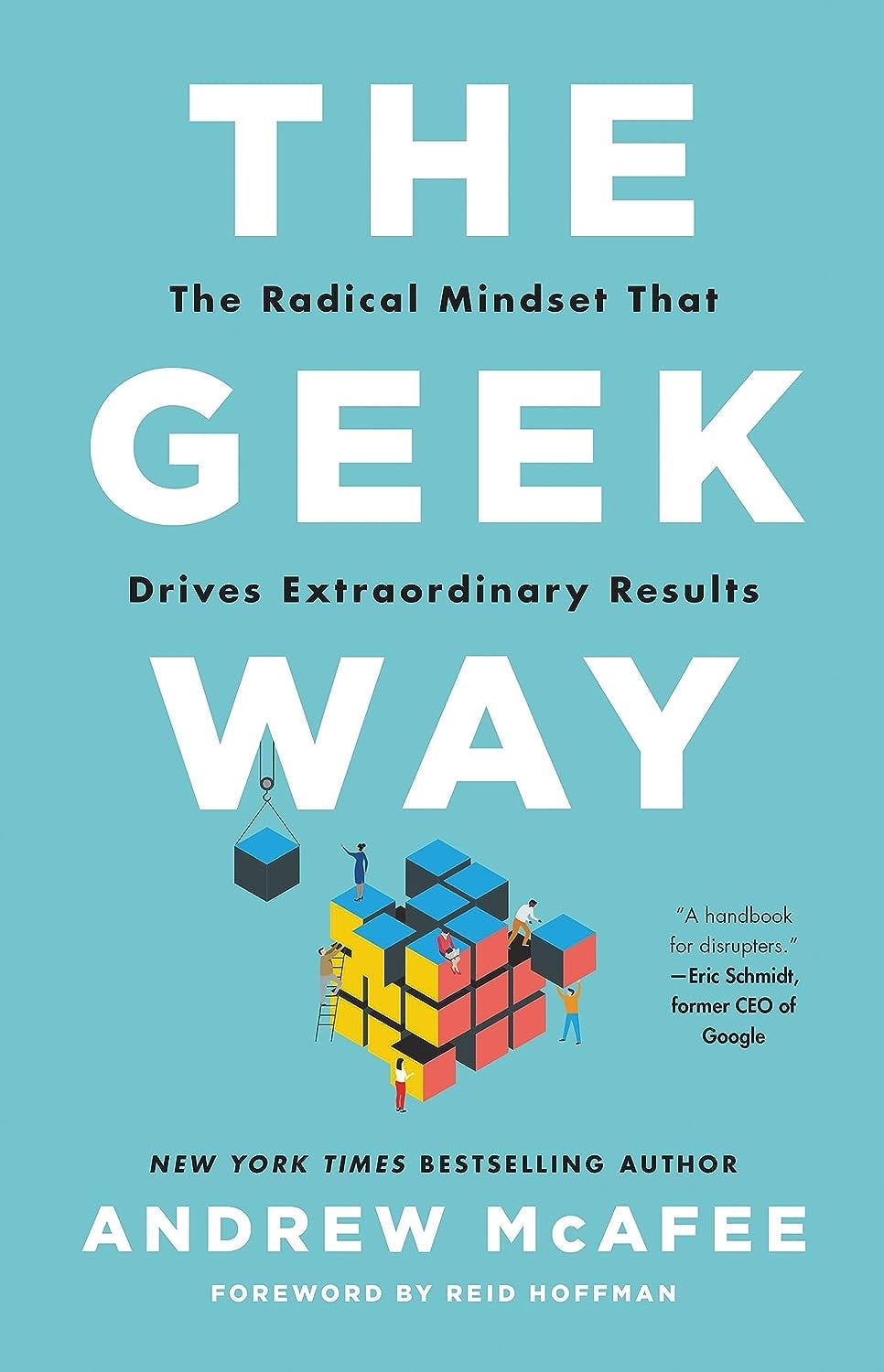⚛ My chat (+transcript) with the US Energy Department's Mike Goff on powering the US with more nuclear energy
Description
✈ A quick note: I will be traveling through the middle of the month and will be posting a bit less than usual and perhaps a bit shorter than usual.
After decades of resistance to nuclear power, growing concern over climate change, rising electricity needs, and a desire for greater energy independence are spurring renewed public interest in a future powered by atomic fission (perhaps fusion, too). Today on Faster, Please! — The Podcast, I talk to Dr. Mike Goff about the state of US nuclear power, the developing advancements in nuclear technology, and what it will take to reach our vast potential.
Goff is the acting assistant secretary and the principal deputy assistant secretary for the Department of Energy’s Office of Nuclear Energy. He previously spent over 30 years at Idaho National Laboratory, including a major advisory and management role. He has written over 70 publications on the nuclear fuel cycle.
In This Episode
* Atomic Age 2.0 (1:31 )
* Major concerns (7:37 )
* Out of practice (11:04 )
* Next-generation policy (17:38 )
* Human capital (21:48 )
* Fusion forecast (23:12 )
Below is a lightly edited transcript of our conversation
Atomic Age 2.0 (1:31 )
The Energy Secretary recently spoke about adding a lot more nuclear capacity, tripling it, I think, by 2050 or so. And before we get into whether that's possible, I wanted to ask you: As you understand it, what is the current consensus explanation for why the Nuclear and Atomic Age of the ’50s and ’60s, why that kind of ended? Because when the secretary spoke about building more capacity, I thought about the — and this is something maybe a lot of people are unaware of, that President Nixon had a plan to build a lot of more nuclear reactors in this country back in the ’70s during the oil crisis; that didn't happen, and we all know about Three Mile Island. But is there a consensus as to why Atomic Age 1.0 came to an end? Obviously we still get a lot of energy from nuclear, but not what people had imagined 40 years ago.
There are a variety of reasons. We did build a lot at one point, and we were building 10 plants a year, pretty extensive builds out there. We did then have Three Mile Island in the late ’70s, and then we got costs started going up, and schedules started increasing on the builds, and we ended up not having a lot of energy growth, in fact, we went for a long period where we weren't having a lot of energy growth, and we had a lot of other energy sources, natural gas, coal, and all. We had a lot of other energy sources out there as well. So yeah, we became pretty stagnated around 20 percent of the electricity. But now, like you say, yeah, there's been a big change in what we think the needs are for nuclear going forward, for a variety of reasons.
My background is journalism, and as a journalist I’ve written, I know, multiple stories in my life about a Nuclear Renaissance. So I'm wondering why this time looks to be different. You suggested in your previous answer that there might be some reasons. What are those reasons that we may be entering a new age where we will see an expansion in the nuclear sector?
I do think we will see that expansion, and, in fact, I think we have to see that expansion, and it's because of a lot of the positive attributes of nuclear right now. Obviously there's a lot of focus on trying to get more clean energy out there, and nuclear is a large base load source of clean energy. And it's not just CO2 emission, but it doesn't emit particulates and all, as well, so it's good air, good quality of life. So it has those key attributes. But there are other clean energy sources as well: renewables, hydro, and all that. But I think the recognition that, if you are going to go toward decarbonization, you need still base load electricity too. You need base load electricity to help intermittent sources like renewables to be able to expand more as well. So nuclear is very good at enabling decarbonization, not just by adding clean electricity to the grid, but enabling you to expand out other renewables like wind and solar and all, as well.
Additionally, nuclear is very reliable. Of the energy sources, it has the highest capacity factor of any of the energy sources. In the United States, we run 93 percent of the time, so the existing fleet that we have out there of 94 plants, they're producing a 100 percent of the power 93 percent of the time, which dwarfs what any other energy source does out there as well.
Nuclear is safe. At times people are concerned about safety, but, in reality, it's actually one of the safest energy sources out there and continues to demonstrate that.
It's resilient for different weather-related events. It can still produce electricity out there as well. It also has a lot of energy security. And as we've learned, unfortunately, from Russia's unprovoked and unjustified invasion of Ukraine, we recognize energy security is national security, so nuclear really does help us on that national security front. It provides an energy source that we can largely on-source from us and our allies. We’ve got assured fuel supplies, and provides that long-term power. You can put fuel in it and it can last for two years or so.
And I guess one other thing I'll add out there as well, is it's a job creator. Of the different energy sources, the amount of jobs associated with nuclear are some of the highest on the amount of electricity produced. And when you actually start building nuclear, like we saw in Vogtle in Georgia where they were building the two plants, it creates huge amounts of jobs. In fact, I heard a stat recently that 35,000 union workers were trained as part of the construction of the Vogtle power plant, so it's a good job creator in all, as well. And again, the power density is great, it doesn't take up a lot of space, and with the advanced technologies that we've developed in the United States, you've continued to increase in the safety, you can have plants of a variety of different sizes that can be easily deployed to, say, retiring coal plants. It just has a lot of flexibility that it hasn't had in the past, but also it's that key recognition of its clean energy attributes, but its energy security attributes as well.
Major concerns (7:37 )
I did not major in nuclear science, I majored in history and political science, but I remember I took a class as an undergraduate at Northwestern University on the nuclear fuel cycle, and I remember to this day that my professor — of course, this was obviously a while ago, and I think what most of the students knew about nuclear energy was probably Three Mile Island — and I remember to this day distinctly the professor saying, “If they wanted to build a nuclear reactor in my backyard, I would be totally fine with it.” He had zero fear on the safety issue. Now when you give that rap that you just gave me about the wonders of nuclear energy before regular people, what is their response? Do they worry about the nuclear waste? Do they worry about safety? Are they immediately sold, or what are the concerns that typically get raised to you?
You brought them up. I mean, safety is brought up because you do see these high profile accidents like Three Mile Island, Chernobyl, Fukushima, which were accidents. They weren't good things that you want to have happen, but the industry's also a very learning industry. The improvements that come out of those events have just made the industry even safer and safer. And again, it's still safer than most any other electricity-producing industry out there as well.
Waste does get brought up. We have not implemented a final disposal solution for the spent fuel from our reactors, but we have safely stored and managed the spent fuel over the last six decades, and the amount of fuel that's generated, I think the stat that gets tossed around, you could fit it all in a Walmart parking lot. This is not a lot of material because it's a high energy-density fuel. It's not a lot of material, and again, we safely manage that and store that. We have countries now that are moving forward with geological repositories, which we need to be doing in the United States. In fact, just last week, I went and visited the repository that hopefully will be operating next year in Finland for disposing of their spent fuel. We can do that, it’s not a technical issue, so we can safely manage the spent fuel.
The other issue that always comes up is still cost. We do have to demonstrate now that we can build these plants safely, and efficiently, and at a reasonable cost. On the Vogtle plant there were cost overruns and schedule overruns, but between Vogt

